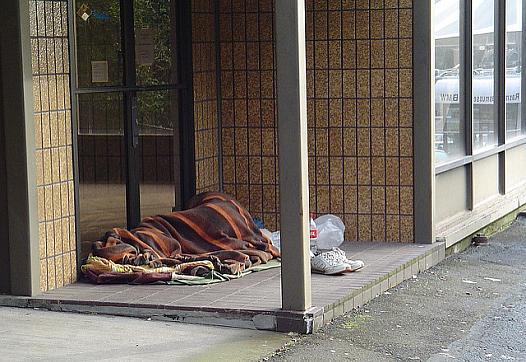
A new reporting project will "examine the health risks to the public that can occur when society and local governments neglect or underfund initiatives to alleviate conditions where homeless populations live."

A new reporting project will "examine the health risks to the public that can occur when society and local governments neglect or underfund initiatives to alleviate conditions where homeless populations live."

A San Diego Business Journal examination, which included multiple public records requests, revealed the extent of the patient backlog.
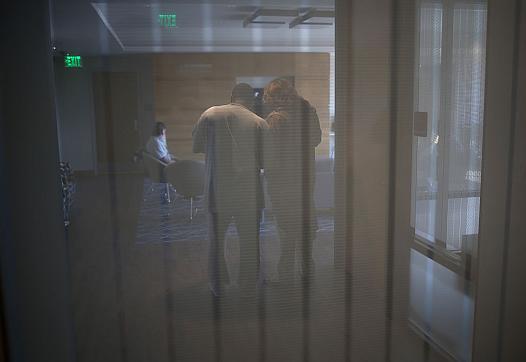
"If you have a loved one struggling with addiction and you’re looking for a safe place to send them for recovery in California, good luck."

Support for Curcio’s reporting on this project also came from the Fund for Journalism on Child Well-Being, a program of the USC Annenberg Center for Health Journalism at the University of Southern California.
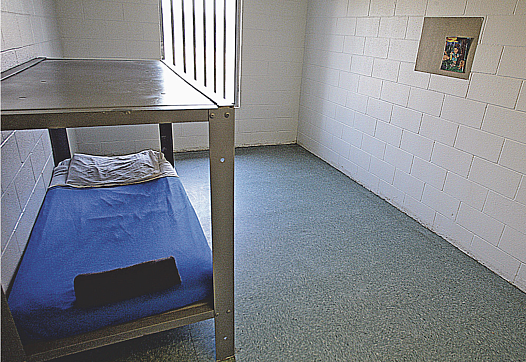
Support for Curcio’s reporting on this project also came from the Fund for Journalism on Child Well-Being, a program of the USC Annenberg Center for Health Journalism at the University of Southern California.

Public health officials and medical professionals now recognize violence and other major factors — education, employment status, income, experience with discrimination — as key factors for women’s health.
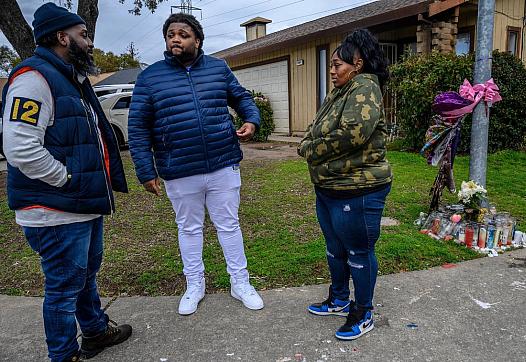
This story was produced as part of a larger project led by Molly Sullivan, a participant in the 2018 California Fellowship.
Other stories in this series include:
This story was produced as part of a larger project led by Rich Lord, a participant in the USC Center for Health Journalism's 2019 Data Fellowship.
Other stories in this series include:
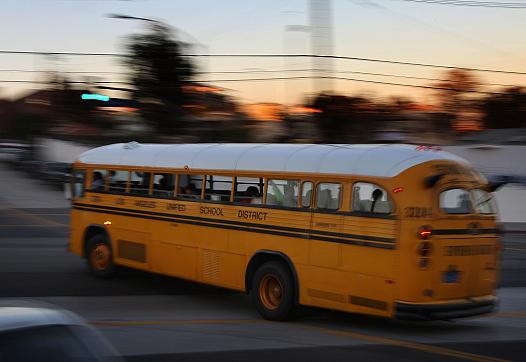
Along with books and backpacks, the teens who walk through the hallways of Washington Preparatory High School in South Los Angeles also carry secrets and fear.
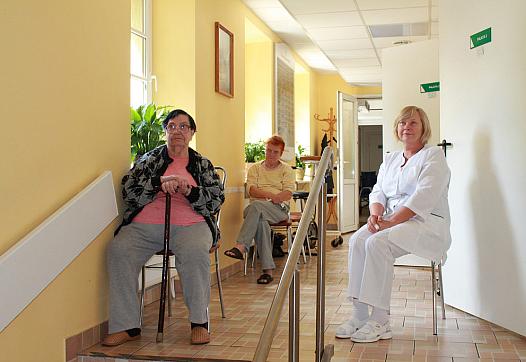
In Orange County, older adults die of Alzheimer’s disease at a higher rate than their peers in most of the country — it’s the third leading cause of death for the group, compared to the sixth nationwide.